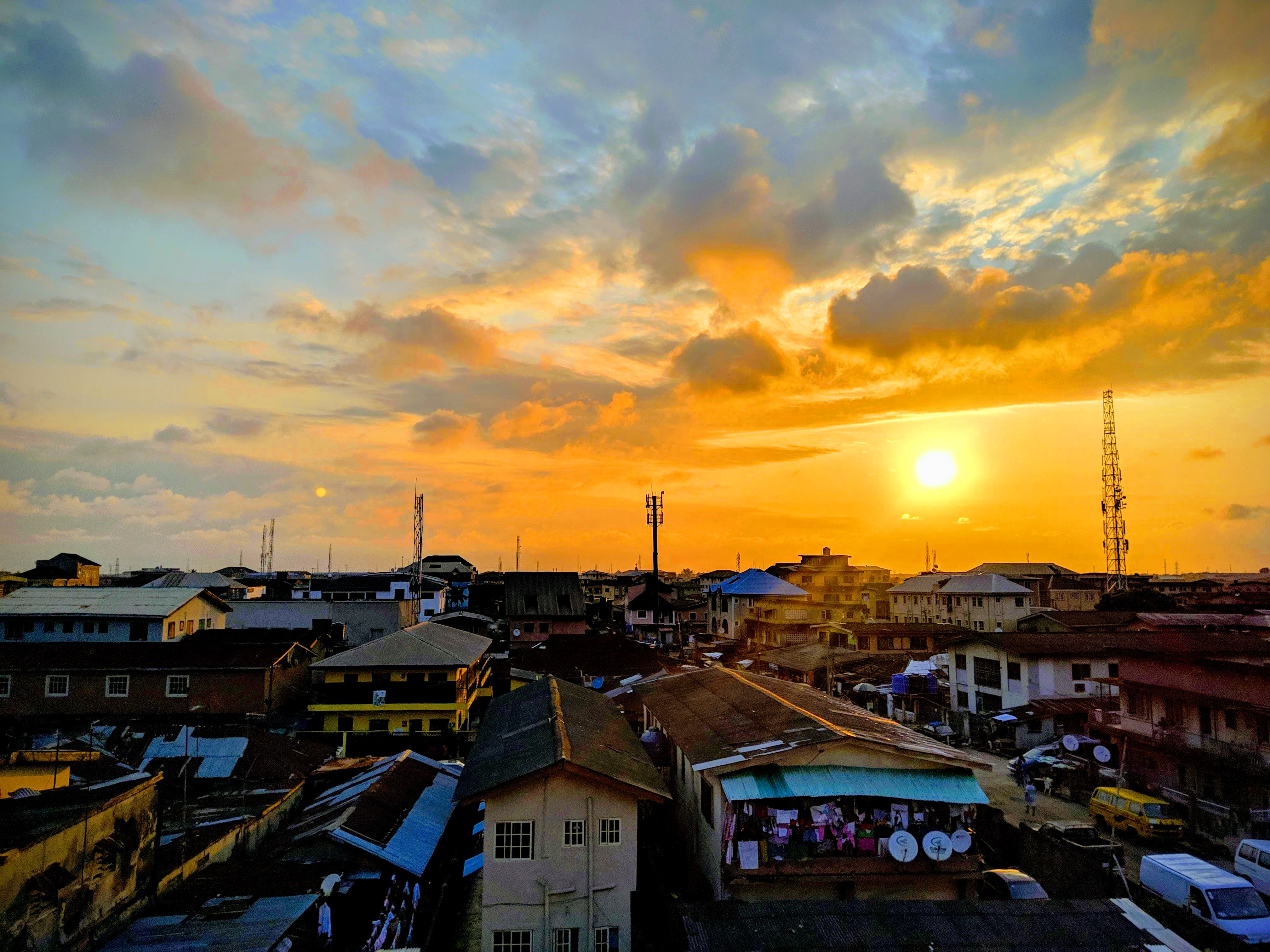Post by Damie Omole

This summer, I had the wonderful opportunity to intern with Legal Aid and Defense Project (LEDAP) Nigeria. LEDAP is a non-governmental organization of lawyers and law professionals engaged in promoting and protecting human rights. They also support the rule of law, and good governance in Nigeria.
One of the projects I worked on was to write a report on a gender equality and social inclusion (GESI) analysis of the Administration of Criminal Justice Act (2015).
This project was very illuminating. It showed me that it is very important to have gender equality and social inclusion in mind when drafting laws.
– – –
When laws are passed, they apply to every citizen regardless of age, race, gender, or socioeconomic status. Marginalize groups are often denied their rights or not taken into consideration when creating laws.
Marginalized groups are those who are discriminated against, face protection risks, or are otherwise excluded or marginalized. This can be because of their age, gender, tribe, race, or other characteristics. Groups, particularly at risk of social exclusion, include women and girls, people with disabilities, ethnic and religious minorities, migrants and internally displaced people. As well as children and younger people, older people, people without official identification, and people living with HIV.
From my research, I learned that marginalized groups can be protected, at least in part, by promoting their participation in the political and judicial process. Women and other minority populations should be given the opportunity to participate and influence decisions that affect their lives.

– – –
This post was written by a Center for Global Justice Intern. The views expressed in this post do not necessarily reflect those of Regent University, Regent School of Law, or the Center for Global Justice.

